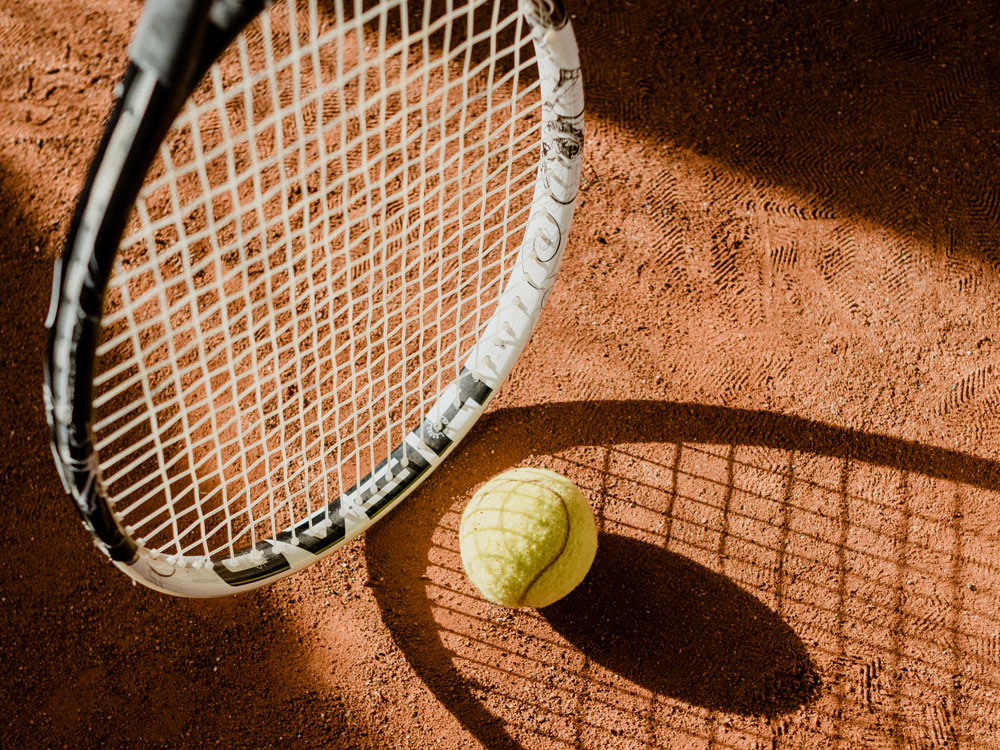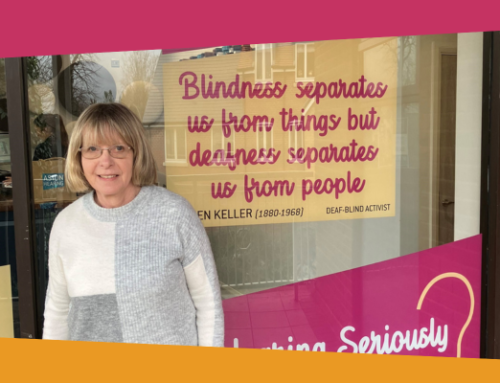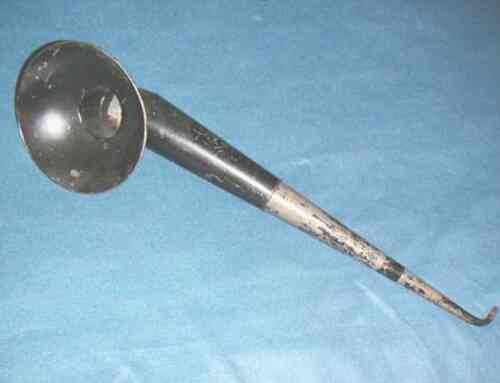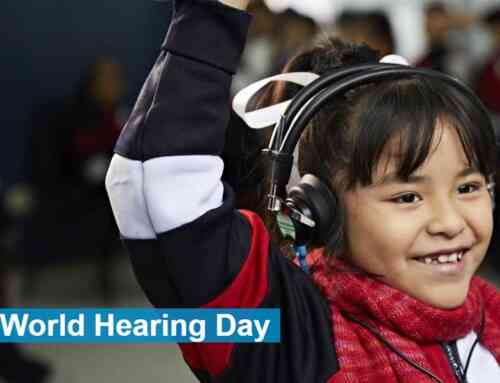by Nikki Magrath
In our household the month of June heralds the start of the Tennis Open season. We have just witnessed Rafael Nadal win his 14th French Open title in Paris and the stage is set for some great new talent on court at Wimbledon later in the month.
As a family we all enjoy watching and playing tennis and when I lost my hearing back in 2016 I discovered new challenges in playing the sport and a new world of deaf tennis. Every deaf person has different degrees of deafness ranging from mild hearing loss to severe/profound loss, hearing aid wearers to cochlea implant wearers and people who rely on signing for communication. Whatever your degree of loss you can still participate in tennis.
Deaf tennis is a competitive sport, and the LTA has Olympic Gold Champion Catherine Fletcher as their National deaf tennis coach. (read her story here). In the Deaf tennis circuit the rules require all hearing aids and other hearing devices are removed during the warm-up and play and sign language is used to follow the score and communication between players. (See here for some tennis signing)
As a club player I rely on my hearing aid to allow me to hear and communicate on court, but it still requires some adjustments and more concentration than when I could hear well. I will never let my hearing loss stand in my way of a game of tennis as I enjoy playing too much and I would encourage anyone to do the same. My preference is to play doubles as its very sociable and great fun, but singles would be easier with my degree of hearing loss. Here are my top tips:
Let your playing partner and opponents know you have a hearing loss before you start. They need to call out the scores loudly and be clear when a ball is ‘in’ or ‘out’. Sometimes using hand gestures for this can help. Agree these at the start.
If playing doubles make sure your partner knows how to communicate with you in between shots and during play. For me this means calling out “mine” very loudly if they are going for a shot to avoid a collision.
Always keep looking forward to watch as the ball crosses the net. You are unlikely to hear your partner as they hit the ball, so you need to watch your opponent and anticipate when the ball arrives. This does require practice as you lose a couple of seconds to react, but you soon adjust.
Agree a game plan with your partner so you know roughly where you should be on court for certain shots. I prefer to cover the baseline as my partner is then in front of me. At the net I cannot hear where my partner is running so it is important to communicate often during a game.
Keep a sense of humour as there will be the occasional misunderstanding. Apologise, smile, and carry on.
Most importantly, HAVE FUN.






